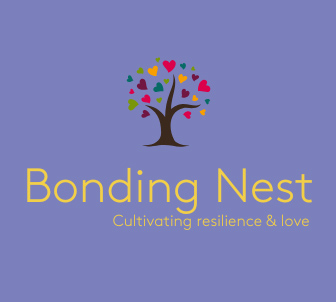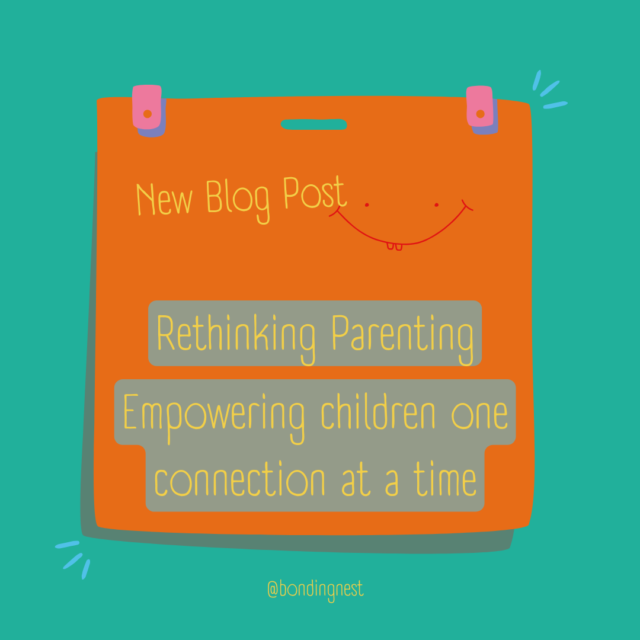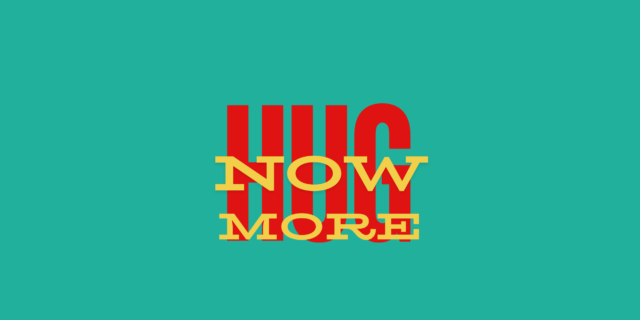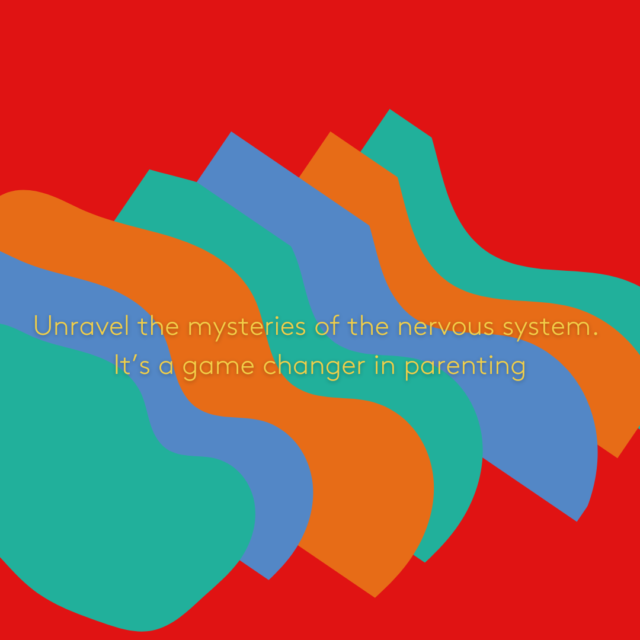Parenting is an intricate journey that requires understanding, compassion, and adaptability. In recent years, the field of neuroscience has shed light on how our brains develop, function, and influence our interactions with our children. Connected parenting, an approach grounded in building strong emotional bonds, aligns beautifully with the insights from brain science. If you’re eager to delve into this enriching topic, here are some exceptional books that combine neuroscience, connected parenting, and peaceful discipline:
1. “The Connected Child” by Karyn B. Purvis, David R. Cross, and Wendy Lyons Sunshine
This book offers valuable insights into the world of parenting children from difficult beginnings, such as adoption or early trauma. Drawing on the principles of trust-based relational intervention (TBRI), the authors explore how brain science informs parenting strategies that promote healing, attachment, and healthy development.
2. “Parenting from the Inside Out” by Daniel J. Siegel and Mary Hartzell
Written by renowned clinical psychiatrist Daniel J. Siegel and early childhood expert Mary Hartzell, this book delves into the science behind how our own childhood experiences influence our parenting style. It offers a roadmap for parents to develop a deeper understanding of their own emotions and responses while fostering secure connections with their children.
3. “The Whole-Brain Child” by Daniel J. Siegel and Tina Payne Bryson
Exploring the brain’s intricacies, this book provides practical strategies to help parents navigate the challenges of raising children. By understanding how different parts of the brain work together, parents can effectively address tantrums, meltdowns, and conflicts while nurturing their child’s emotional well-being.
4. “No-Drama Discipline” by Daniel J. Siegel and Tina Payne Bryson
Another gem from Siegel and Bryson, this book focuses on discipline techniques that not only guide behavior but also foster emotional growth. Drawing from neurobiology and child development, the authors offer strategies to manage discipline with empathy and understanding, building a strong foundation for emotional intelligence.
5. “The Yes Brain” by Daniel J. Siegel and Tina Payne Bryson
This book provides practical guidance for parents to nurture a “Yes Brain” in their children—an open, receptive, and balanced mindset that enhances learning and resilience. The authors introduce strategies that help parents promote emotional regulation, curiosity, and empathy in their children.
6. “The Awakened Family” by Shefali Tsabary
Dr. Shefali Tsabary explores conscious parenting through a blend of Eastern philosophy and Western psychology. This book emphasizes self-awareness and mindfulness in parenting, encouraging parents to connect deeply with their children by first connecting with themselves.
7. “The Whole-Brain Child Workbook” by Daniel J. Siegel and Tina Payne Bryson
For those who prefer interactive learning, this companion workbook to “The Whole-Brain Child” offers practical exercises and activities to implement the book’s concepts. It’s an engaging way to apply neuroscience principles to real-life parenting situations.
8. “The Power of Showing Up” by Daniel J. Siegel and Tina Payne Bryson
Building on the concepts of attachment theory, this book highlights the importance of consistently “showing up” for your child—being emotionally present and attuned. The authors provide insights into how these moments of connection shape a child’s lifelong emotional well-being.
9. “Connected Parenting” by Jennifer Kolari
This book is an excellent resource for understanding how brain science informs parenting techniques. It introduces the concept of “CALM” parenting, emphasizing connection, empathy, and communication to address challenging behaviors.
10. “Peaceful Discipline” by Sarah H. Moore
Sarah H. Moore’s book focuses on using peaceful and effective discipline techniques that promote cooperation and understanding. By merging neuroscience insights with practical strategies, Moore offers parents a comprehensive guide to disciplining their children while maintaining strong connections.
11. “The Connected Parent” by Lisa Qualls and Karyn B. Purvis
Co-authored by Karyn B. Purvis, this book offers practical guidance for parenting children who have experienced trauma, loss, or adversity. Drawing on neuroscience, it provides strategies to promote healing and attachment while navigating the complexities of adoption and foster care.
Incorporating insights from brain science into your parenting journey can transform the way you relate to your children. By understanding the neurological underpinnings of behavior, emotions, and attachment, you can create a nurturing environment that fosters emotional growth, resilience, and lasting connections. These books provide a valuable foundation for your exploration of the profound intersection between neuroscience and connected peaceful parenting. Happy reading, exploring, and connecting on this remarkable parenting adventure!







